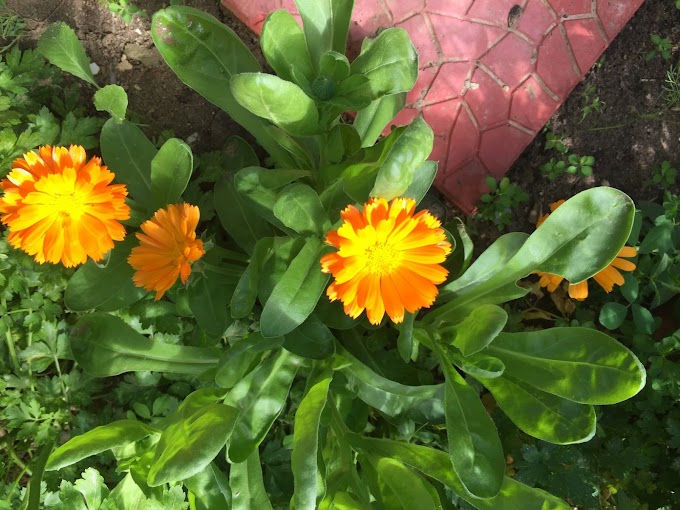How to Grow Watermelons
You can start watermelon seeds indoors about a month before transplanting. If you live in a cooler zone. If you live in warmer climes, you need to wait until the soil temperature warms to at least 70 °F to avoid poor germination, then you can sow seeds directly outdoors. Getting your watermelon plants to produce large, and tasty, sweet fruit involves good care and attention to all the needs of the plant. By following all my simple tips, you will surely have success for growing the best watermelons!
Where To Grow Watermelon Plants
Watermelon can reach 20 feet in length. So before planting, choose a place in your garden where there is plenty of open ground. Amend your soil with organic matter such as compost or well aged chicken manure.Starting Watermelon Seeds Indoors
Gardeners in colder climates can still have success in growing watermelon vines by starting seeds indoors. Watermelon seeds rank as one of the easiest seeds to collect and save from ripe fruit. You can start watermelon seeds indoors two or three weeks before they are to be set out in the garden. Don't start seeds any earlier, because large watermelon seedlings transplant poorly.
Want to read:
Watch Starting Melon Seeds Indoors Video
- Watermelon seeds are small and black or slightly mottled black/brown in color.
- When the soil temperature is above 65 degrees F, you can sow the seeds directly into the ground.
- Plant 2 to 3 seeds 1/2 to 1 inch deep.
- Once your watermelon seedlings are established, you should think them and judge which are the healthiest, and which are the weaker ones to be removed.
- Leave only the strongest one!
- About two weeks, the plants should start flowering, with the smaller male flowers showing up first and the fruit-bearing female flowers appearing soon after.
Watermelon Plants Care
The plants require about 1" of water per week and regular applications of organic fertilizer. You can add a thick layer of mulch around plants to conserve moisture and keep down weeds.
When you see the fruit starting to grow large, you must check daily for ripeness!
Watermelon Plant Insects & Diseases
Harvesting Watermelons
Saving Watermelon Seeds
Nothing beat homegrown watermelon. It's powerfully nutritious, delicious and perfect to enjoy every day. So grow your own and enjoy all the nutrition and bounty that watermelon can offer!
From ➡️ HERE you can buy and grow organic, heirloom watermelon seeds with superior flavor and early yield!
This web site is a participant in the Amazon Services LLC Associates Program, an affiliate advertising program designed to provide a means for sites to earn advertising fees by advertising and linking to amazon. Some of the links to products on this site are affiliate links. These are products that I've used or recommend based from homesteading experience. I do make a small commission (at no extra cost to you) from these sales.(alert-warning)





















